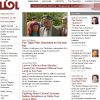
Around the Bloc: Buckwheat Panic Grips Russia, Czech Leader Urges ‘Finlandization’ of Ukraine
Plus, 'Western values' blamed for infertility in Kazakhstan, and a Russian journalist fights deportation from Poland.
More...We kindly inform you that, as long as the subject affiliation of our 300.000+ articles is in progress, you might get unsufficient or no results on your third level or second level search. In this case, please broaden your search criteria.

Plus, 'Western values' blamed for infertility in Kazakhstan, and a Russian journalist fights deportation from Poland.
More...
Plus, Yerevan and Baku trade more barbs over helicopter shootdown and Uzbekistan lays claim to a sliver of Afghan territory.
More...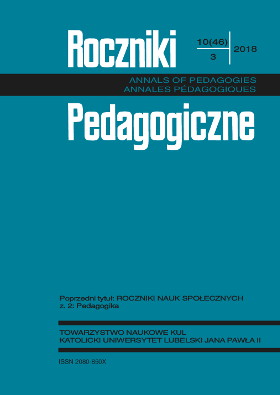
The aim of the article is to define and describe the functional diagnosis as a model for providing psychological and pedagogical assistance to students with special educational needs (SEN). Due to the use of this term in many scientific contexts (pedagogy, psychology, medicine), as well as in the area of diagnostic and therapeutic practice, it is difficult to give its coherent explanation. The analyzed methods of applying the concept of functional diagnosis indicate a selective understanding of the role and tasks attributed to educators, psychologists, teachers and other specialists. Because of that the main value of the functional diagnosis, namely the complexity of support, is not sufficiently implemented, which directly translates into the quality of education of students with special educational needs.
More...
In view of the fact that early diagnosis and appropriate treatment makes it possible to slow down any disease process, it is necessary to include the school in preventive activities, giving a chance to slow down the progression of chronic kidney diseases in children. The literature on the subject finds that chronic kidney disease (CKD) is a growing phenomenon and is not only a medical problem but also a social problem. Therefore, the school, due to its functions, can demonstrate various activities. First and foremost, it should expand educational activities and disseminate the topics related to the role of the kidneys in the human body in the context of preventive activities and practices serving their health. It is also important to take appropriate parenting activities when a student with CKD is to learn in the class. The binding changes in Polish education law obligate the school to undertake coherent and educational-preventive activities, and give the school more autonomy in guiding the education process and organizing psychological and pedagogical assistance to chronically ill pupils. The results of research conducted among students of selected Lublin schools will be presented in this paper, the aim of which was to diagnose the existing state of awareness regarding the symptoms and prevention of kidney diseases and the level of openness to the specific needs of students who experience these diseases.
More...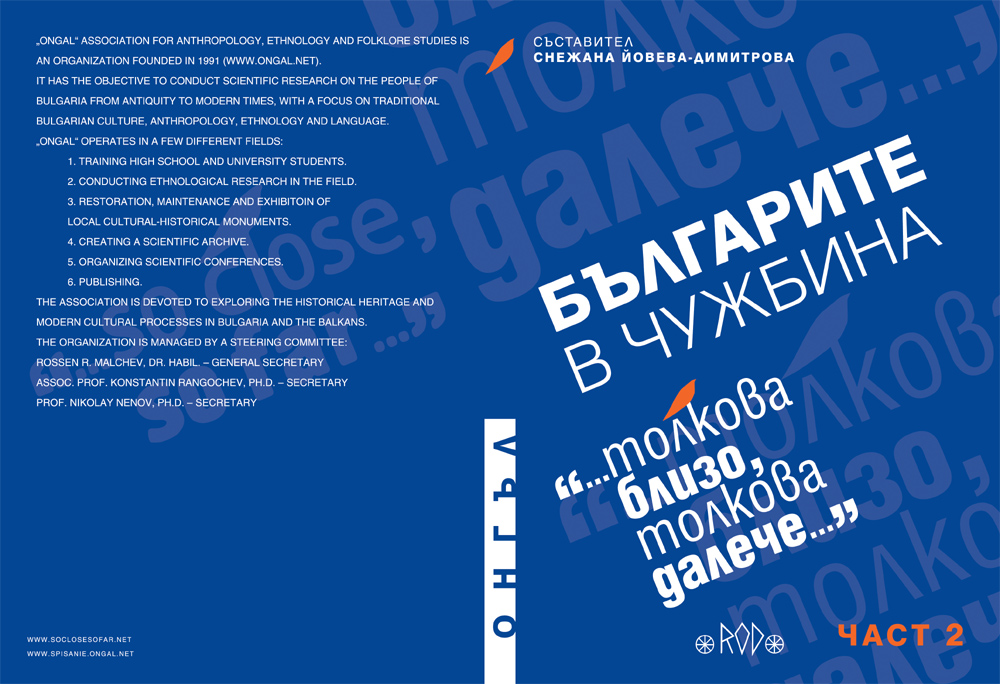
The text deals with a comparatively little investigated topic for the time present – the economic activity of Bulgarian communities abroad and the attitude of the successful businessmen toward the preservation of the Bulgarian cultural heritage. It presents the essence of the research theme, the different formulations of the term “ethnic entrepreneurship” or “ethnic busi¬ness”, the parameters of the various types of economic engagement in migration – shops, catering establishments, hotels, tourism activities and others. Furthermore, based on carried out field researches, the text focuses on the specific manifestations of the Bulgarian ethnic entrepreneurship abroad and the observed migrant businessmen’s commitment to the Bulgarian cultural heritage.
More...
The study provides a theoretical and terminological overview of the prob¬lems of the origin, identity and self-identification of the Bulgarians from Golo Bardo, Kukaska and Prizrenska Gora (in Albania and former Yugosla¬via respectively), Aegean and East Thrace (Greece and Turkey), Bulgarians from Banat (Romania and former Yugoslavia) and the Bulgarians – gagauz in Bessarabia and Taurida (Moldova and Ukraine). The dynamics of eth¬nic and cultural identity in different inter-ethnic and socio-political contexts have been surveyed.
More...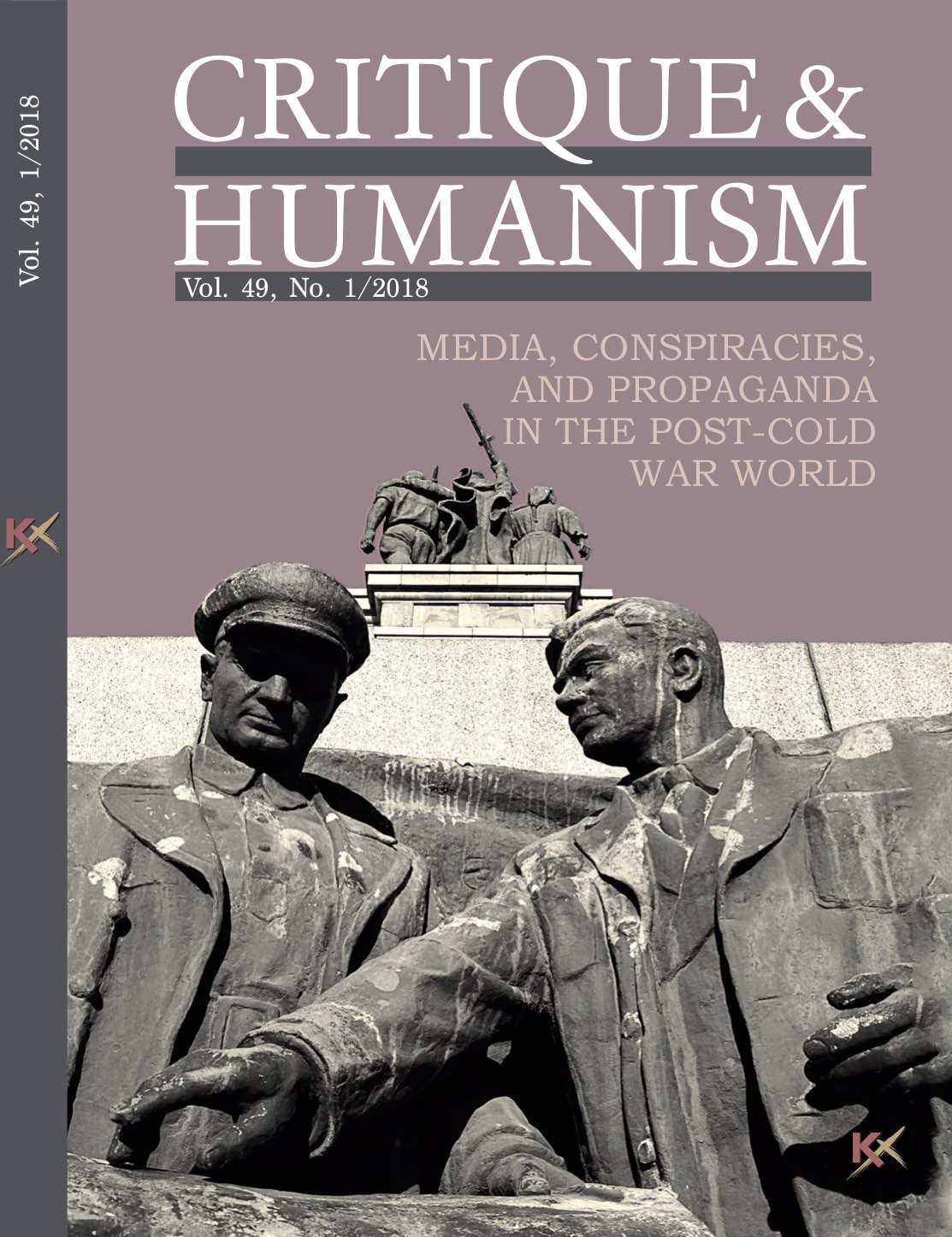
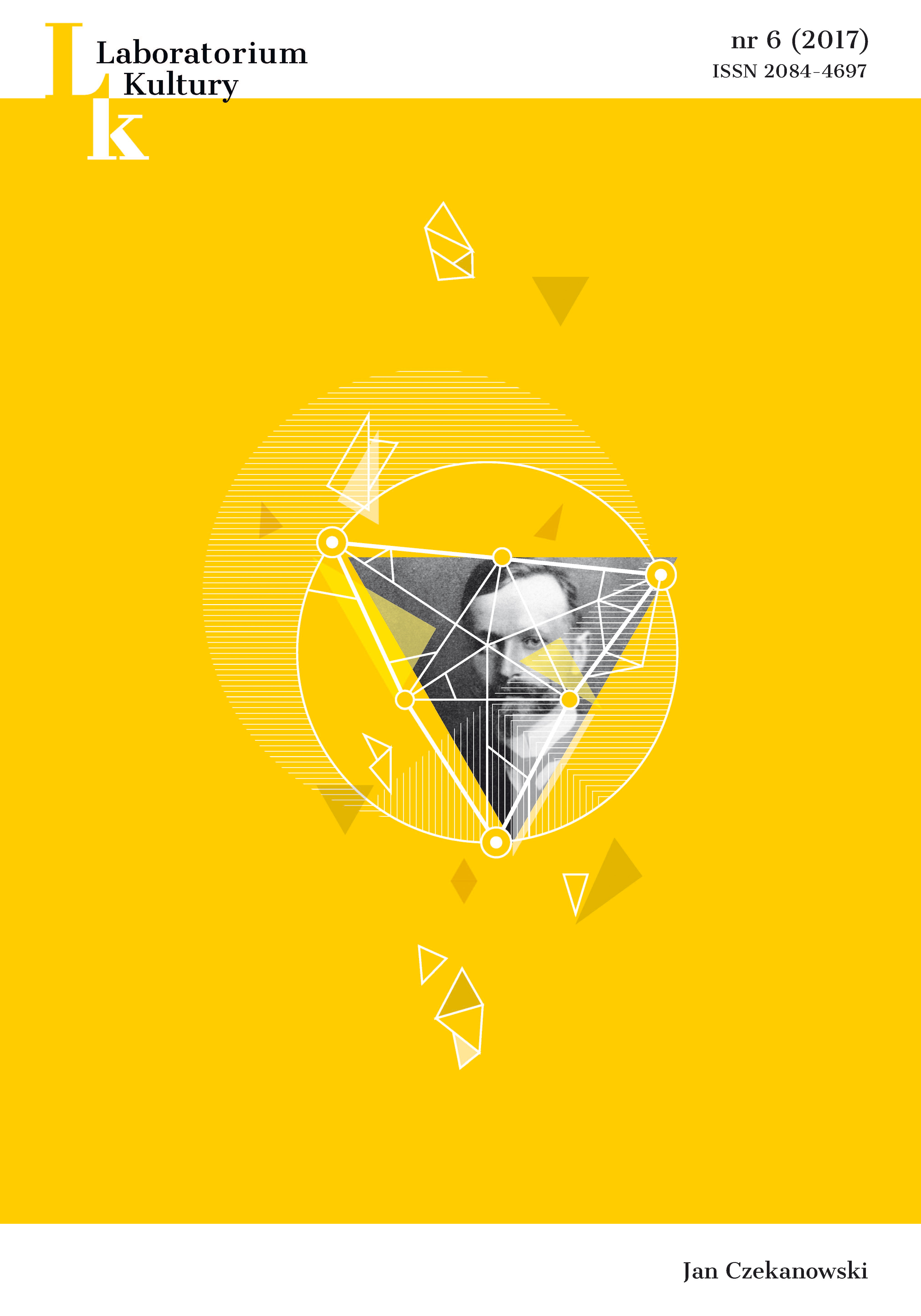
In the beginning of twentieth century Jan Czekanowski took part in the great scientific expedition the goal of which was to explore the German territories of East Africa. His account of the expedition is still, to this day, not fully available in Polish despite its importance as source material for the study of the culture of tribes inhabiting these territories. The author, beginning with the analysis of the translated fragments of „Forchungen…”, refers to the original version and finds the wider context for Czekanowski’s findings. The author focuses on the cultural change taking place on the territory of Ruanda-Burundi which is traceable by means of the two accounts taken two decades apart: the aforementioned account of Czekanowski – an anthropologist and scholar, as well as the 1930s memoirs of Leon Sapieha – a Polish nobleman and traveller. The transformations in the customs of tribal women of Watussi and Bahutu tribes are the profile used to trace the change. The juxtaposition of the two accounts, written for different purposes and in different forms, allows to pose question about the condition of traditional and modern anthropology.
More...
In 1907, a German scientific expedition was held to explore a fairly unknown region of Central Africa. It was also the first non-European expedition of Jan Czekanowski who served as an ethnographer and anthropologist. In my article I want to ponder upon the influences of the expedition on the Polish researcher and the ways in which it shaped his beliefs and research perspective. Another important topic for me is the problem of colonialism, clearly visible and taken note of by Czekanowski in his journals.
More...
Every individual’s way of memorization is conditioned by multiple factors related to, among others, culture or profession. The text is an attempt to analyse Jan Czekanowski’s diaries from Deutsche Zentral-Afrika-Expedition with a focus on the way an experience functions in the field researcher’s memory and how the journal becomes a particular form of cultural memory.
More...
This paper aims to study five ideological dimensions of anti-democratic propaganda in Bulgarian media that articulate in a variety of perspectives the same general talking points: ‘The decline of Europe’, ‘The rise of Russia’, ‘Bulgaria’s venal elites’, ‘The US/NATO as global hegemon/puppet-master’. Its task is to check the ‘elasticity’ of Bulgarian anti-democratic propaganda, to see how, and to what extent, the general talking points can be rearranged and extended in different ideological directions so as to encompass different social stereotypes and discontents and package them around three basic oppositions: nationalism versus liberalism, the people versus the elites, Russia versus the West. The paper also attempts to clarify what are the political implications and what is the future of the world that the ideological variations of the main propaganda talking points presuppose and suggest.
More...
By means of examination of the painting by Jan Lebenstein entitled “Stages” the author attempts to indicate the parallel between the painter’s work and the research of Jan Czekanowski. They both are members of one “Hall” in the European “museum of imagination.” They represent the humanistic reflection that combines biology and culture in a historical order, but their humanistic approach is not anthropocentric.
More...
This paper analyzes the media and political reactions in Bulgarian online media to the Government’s 2016 Annual Report on the State of National Security of the Republic of Bulgaria, subsequently approved by Parliament, in the period from 1 September to 30 November 2017. References to the Report were subjected to content analysis according to the timeline of the reactions and the intensity of their occurrence, according to the different categories of institutional and non-institutional speakers, as well as according to the basic messages they were carrying. The findings show a strong disproportion in the representation of different opinions and the lack of public debate on the subject. From the very beginning of the researched period, there was a visible disparity between the dynamic of reactions to the Report and their media coverage. Media attention was almost exclusively focused on the passages in the Report describing the role of Russia for Bulgaria’s national security, which were the most debated political issue on this topic. It is highly likely that the next national security topic that will get extensive coverage will revolve around the state of security in the Black Sea.
More...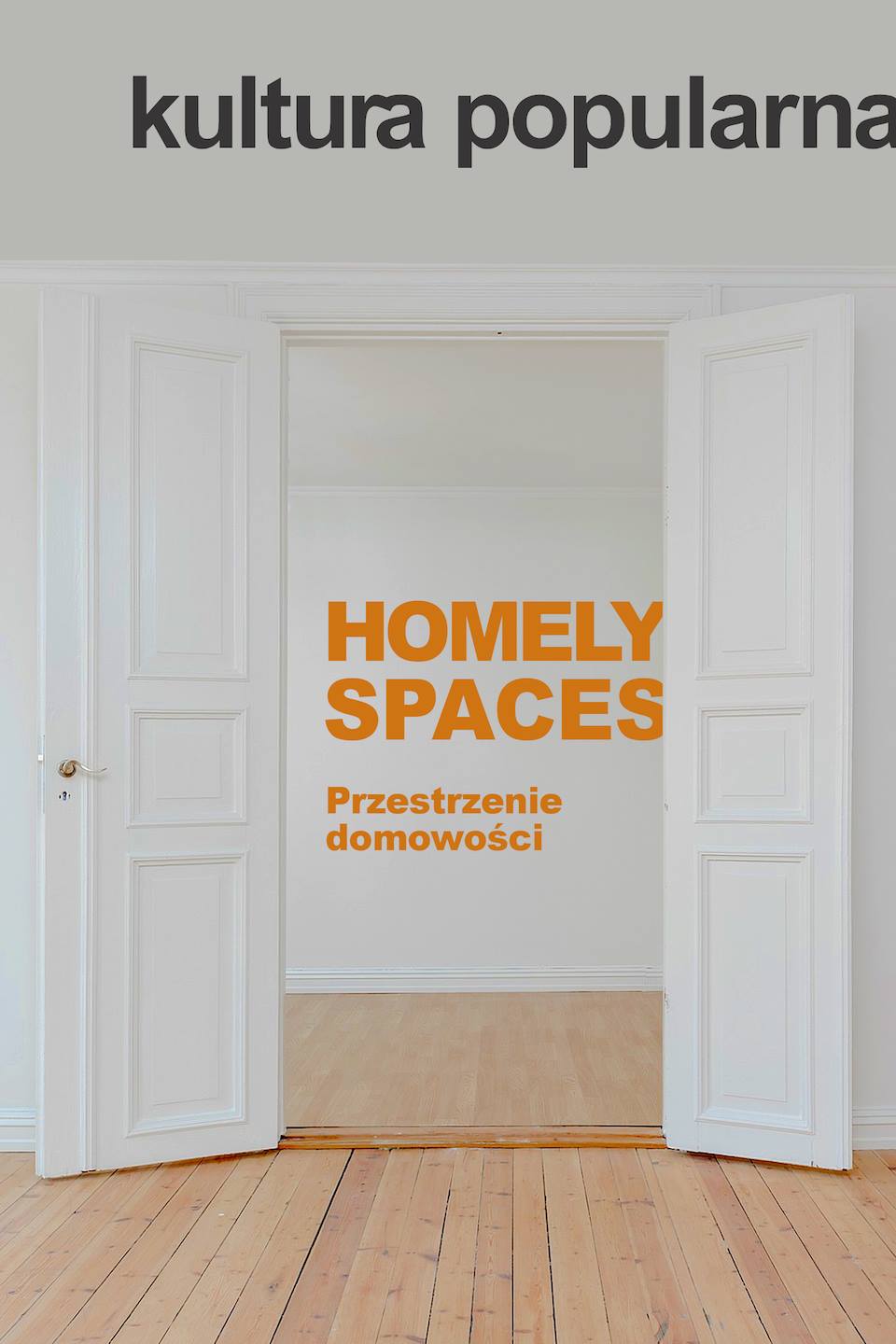
Among the abundance of possible readings of Poe’s short story, one of the most intriguing is its treatment as an escape fantasy - the image of the unnamed narrator delirious, flight from the collapsing structure at his back seems almost too fortuitous, and invites questions as to the sole survivor’s relation to “the house of Usher”. As the structure’s suspected sentience could be seen to relegate its occupants to the position of psychological forces and manifest thought-content, the house is transformed into a combination of physical and mental spaces, akin to the twin “prisons” of body and mind which the narrator fantasizes about being freed from. The article examines the (im)possibility of Poe’s narrator’s escape, using Grant Morrison and Dave McKean’s graphic novel Arkham Asylum: A Serious House on Serious Earth as a companion text. Read alongside each other, the two narratives “construct” their “houses” by a superimposition of their characters’ mental landscapes onto the skeleton of physical (textual) space, in order to perform the fantasy of escape from psychological conflict, whether by tearing down the house as in Poe’s tale, or by restoring the externalized order as in the Batman novel.
More...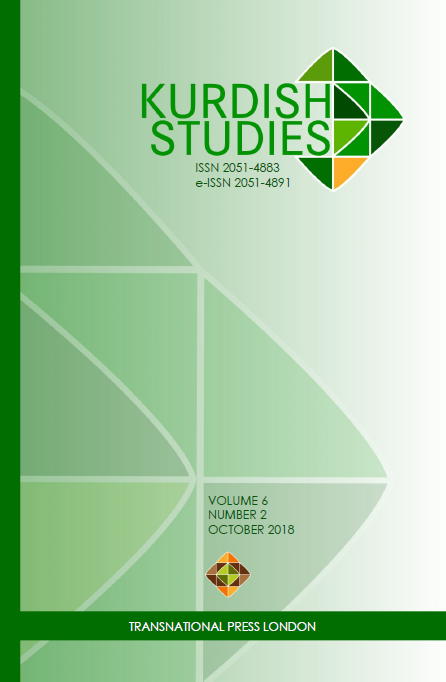
Review of: Thomas Schmidinger, Rojava: Revolution, War and the Future of Syria’s Kurds, London: Pluto Press, 2018, 298 pp., (ISBN: 9780745337722). Nazand Begikhani, Aisha K. Gill and Gill Hague, Honour-Based Violence: Experiences and Counter-Strategies in Iraqi Kurdistan and the UK Kurdish Diaspora, Farnham: Ashgate Publishing, 2015, 189 pp., (ISBN: 9781409421900). Mehmet Orhan, Political Violence and Kurds in Turkey: Fragmentations, Mobilizations, Participations and Repertoires, Oxon: Routledge, 2016, 294 pp., (ISBN: 978-1-317-42044-6) H. Akin Ünver, Turkey’s Kurdish Question: Discourse and Politics since 1990, Oxon: Routledge, 2015, 196 pp., (ISBN: 978-1-138-85856-5). Veli Yadirgi, The Political Economy of the Kurds of Turkey – From the Ottoman Empire to the Turkish Republic, Cambridge: Cambridge University Press, 2017, pp. 334, (ISBN: 9781316848579). Burak Bilgehan Özpek, The Peace Process between Turkey and the Kurds: Anatomy of a Failure, London: Routledge, 2017, 80 pp., (ISBN: 9781138564107).
More...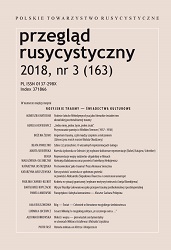
The presented article is an attempt to determine the main memorial traces in the literary and cultural studies of Ukrainian post-totalitarian trauma after the World War II. The author of the article constructs her own concept around the generational transmission of trauma as well as the role and importance of this trauma for the processes of shaping the common Ukrainian identity.
More...
The text “confessions” gathers the memories of a Bulgarian musician who has lived abroad, in France, for over 30 years. She is one among the thousands who were “officially migrated” by “the Bulgarian Music Depart¬ment”. These people were granted a passport and visas in exchange for a percentage of what they earned abroad. The Bulgarian musicians were very much appreciated and sought for in Europe and in the whole world and they made up the core of the most renowned symphony and opera orchestras in the world. As she confided in her memoir, the conductor Nelly Pinteva-Bance has always thought it was arduous to tell who she really is: on the one hand, she is convinced she is a citizen of the world as Music is a universal language, on the other, she feels entirely integrated into her French family and France that is for her the symbol of Liberty and Democracy. But, deep down in¬side, regarding her sensitivity and emotional world, she has the feeling she remains Bulgarian which entails for her the awareness that she must em¬body and perpetuate Bulgarian culture, the sole riches of her small and poor homeland. On the occasion of Bulgaria joining the EU, Nelly Pinteva-Bance con¬ducted a Bulgarian orchestra in a series of concerts in France as well as in Switzerland, at the United Nations building in Geneva and at the Town Hall in Bern, with members of the diplomatic corps and of the Swiss government as well as simple citizens and Bulgarians living abroad. The interpretations of classical Bulgarian music, which Western Europeans are hardly familiar with, received an extremely enthusiastic reception and emotion was at its highest when the public started chanting “Welcome to Europe”.
More...
The Bulgarian School at the Bulgarian Embassy in London is the first Bulgarian school in the UK, established in 1987. Its history is closely in¬tertwined with one person – the doyen of Bulgarian diplomacy, Mr. Ivan Stancioff. In the year of the 30th anniversary of its establishment, the school took pride in being named after the person who preserved it and today its official name is Ivan Stancioff Bulgarian School at the Bulgarian Embassy in London, UK. 2017 is also an anniversary year for the Association of Bulgarian Schools Abroad (ABSA), established in 2007. Mrs. Snezhina Grigorova-Mecheva, school principal and spokesman for ABSA since the establishment of the Association talks about the history of Ivan Stancioff Bulgarian School and ABSA, about the relationship between them, and about how currently, the number of Bulgarian schools abroad is approaching 400. About how Bulgaria lives and is preserved beyond the borders of Bul¬garia through the work of the teachers on all continents.
More...
In 2018 the Bulgarian School in Budapest has turned 100 years. This fact makes us look towards the future and work on better pedagogical aspects and teaching aids for our children, to preserve the Bulgarian language and identity. The textbooks developed specifically for the needs of the children of the Bulgarian community in Hungary are a substantial contribution to the educational process. In Hungary in support of educational efforts is the so-called Standardization of Minority Education, which has had long-standing traditions since the Habsburg Empire.
More...
In the “crossing” of Bulgarian and German features in the mixed lan¬guage, spoken by the Bulgarians in Vienna, in the field of phonetics and grammar the peak takes the Bulgarian features and in the vocabulary – the German peculiarities. The lexical interferences are several types: phonolexi¬cal, morpholexical, derivativelexical, accentlexical, lexic-semantical.
More...